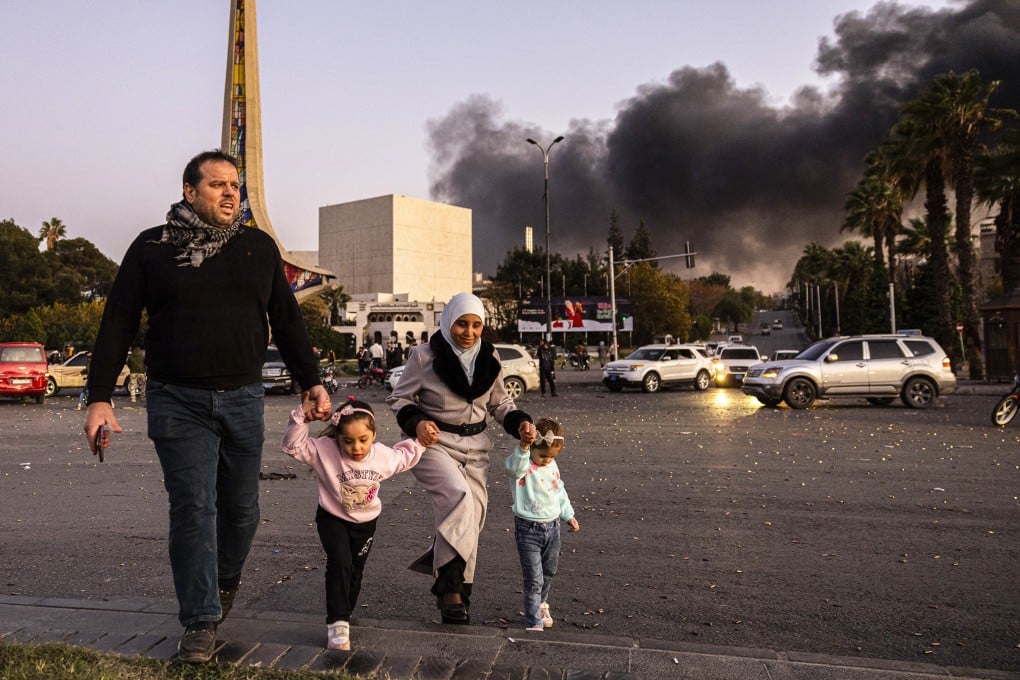Opinion | Can Syria finally find stability after decades of war and repression?
After Bashar al-Assad’s overthrow, uncertainties remain about the agenda of Syria’s new government and the interests of foreign powers

The flux in Syria ranges from celebration over the removal of a brutal ruler to deep anxiety about what the future holds for more than 23 million citizens who have endured years of repression, war, displacement and turmoil.
The speed with which HTS – once tied to al-Qaeda and currently designated as a terrorist organisation both by the United Nations and the US – seized power has been stunning.
Several factors enabled this dramatic sequence of events that began in late November, including low morale and discord within the Syrian military, weakening levels of tangible support from Russia and Iran for the Assad regime and the role of external powers such as Turkey and the US in aiding anti-Assad groups.
